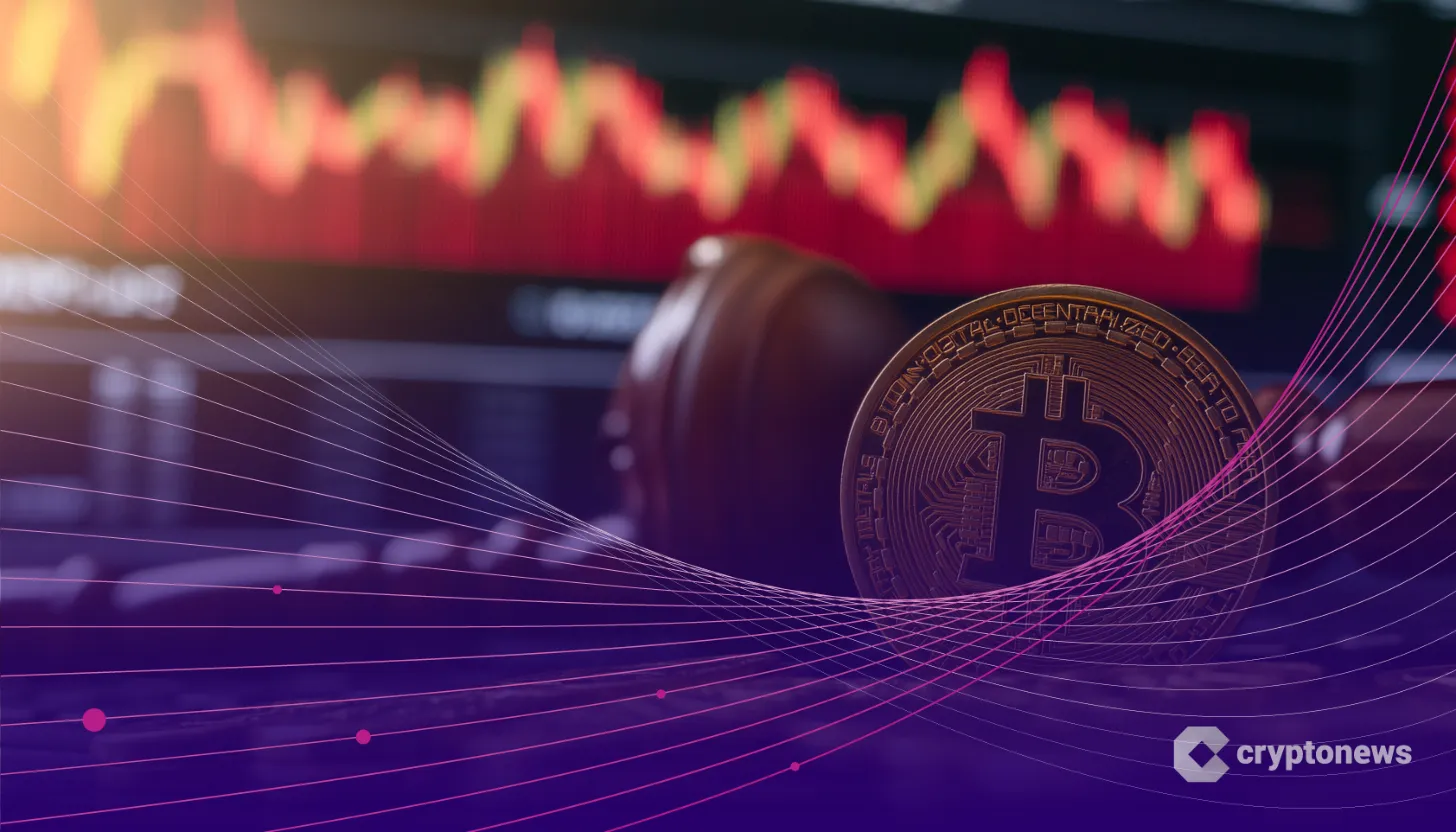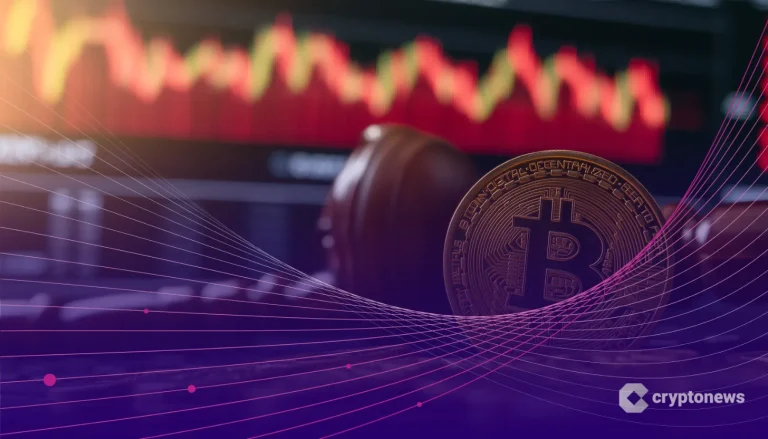Last updated:
 Why Trust Cryptonews
Why Trust Cryptonews
Ad Disclosure
We believe in full transparency with our readers. Some of our content includes affiliate links, and we may earn a commission through these partnerships. Read more

On February 6, the U.S. Securities and Exchange Commission (SEC) officially acknowledged Grayscale’s proposal for a Solana exchange-traded fund (ETF), opening it for public feedback.
This marks the first time the SEC has recognized a Solana ETF filing, hinting at a possible shift in its stance on crypto investment products.
If approved, the Grayscale Solana ETF could provide investors a regulated way to gain exposure to Solana.
SEC Previously Rejected Solana ETF Filings Over Classification Issues
The U.S. SEC press release stated that public comments on Grayscale’s Solana ETF filing are open for a 21-day period, allowing stakeholders to submit their feedback.
This acknowledgment comes after leadership changes under President Donald Trump, who appointed Mark Uyeda as acting SEC Chair and Caroline Pham as acting Chair of the Commodity Futures Trading Commission (CFTC).
Both officials have expressed pro-crypto views and advocate for clearer digital asset regulations.
The previous SEC administration rejected Solana ETF applications and instructed Cboe to withdraw 19b-4 filings.
These refusals reflected the commission’s cautious stance on crypto investment products, particularly those linked to digital assets like Solana.
Finance attorney Scott Johnsson explained that misclassification played a key role in past denials.
The SEC had classified Solana ETFs as commodity trust shares rather than securities, a mislabeling that contributed to the repeated rejections.
Commodity trust shares typically track physical assets like gold or oil rather than digital currencies, making them an inappropriate category for Solana-based ETFs.
Analysts Weigh in on SEC’s Stance on Solana ETF
Bloomberg ETF analyst James Seyffart underscored the significance of the SEC acknowledging a Solana ETF filing for the first time, contrasting it with past outright rejections.
Senior ETF analyst Eric Balchunas emphasized that this marks the first acknowledgment of an ETF linked to a cryptocurrency previously deemed a security by the SEC.
He highlighted how quickly the landscape has shifted, noting that just six weeks ago, the Gensler-led SEC instructed Cboe to withdraw Solana ETF filings.
The SEC is expected to decide on Grayscale’s Solana ETF by October 11, though Polymarket estimates only a 39% likelihood of approval before July 31.
Despite ongoing regulatory uncertainty, the SEC’s acknowledgment of the application represents progress in formalizing Solana ETFs within the U.S. market.
Rising Interest in Crypto ETFs Amid Regulatory Shifts
Like Grayscale, other asset managers continue pushing forward with their crypto ETF filings.
The Cboe has resubmitted 19b-4 filings for Solana ETFs on behalf of Bitwise, VanEck, 21Shares, and Canary Capital.
These firms remain optimistic that shifting regulatory attitudes will improve the likelihood of approval.
Beyond Solana, the U.S. SEC has also acknowledged an application from the NYSE for a Grayscale Litecoin ETF.
This is second time the regulator has considered a spot ETF for Litecoin (LTC), reflecting broader recognition of alternative digital assets.
The SEC has also advanced the iShares Bitcoin Trust ETF (IBIT) by acknowledging a Nasdaq filing related to in-kind creations and redemptions.
This suggests ongoing efforts to refine the regulatory framework for Bitcoin ETFs, which have seen massive institutional inflows.
Following the resignation of former SEC Chair Gary Gensler, Bloomberg analyst Eric Balchunas reported a surge in crypto ETF applications.
He revealed that 33 new filings were submitted just days after Gensler stepped down and predicted that the number could reach 50 within weeks.
President Donald Trump’s recent executive order on digital assets has influenced an increase in crypto-related applications, reflecting renewed engagement from asset managers.
The SEC’s recent acknowledgment signals progress, though the outcome of final approvals remains uncertain.
















